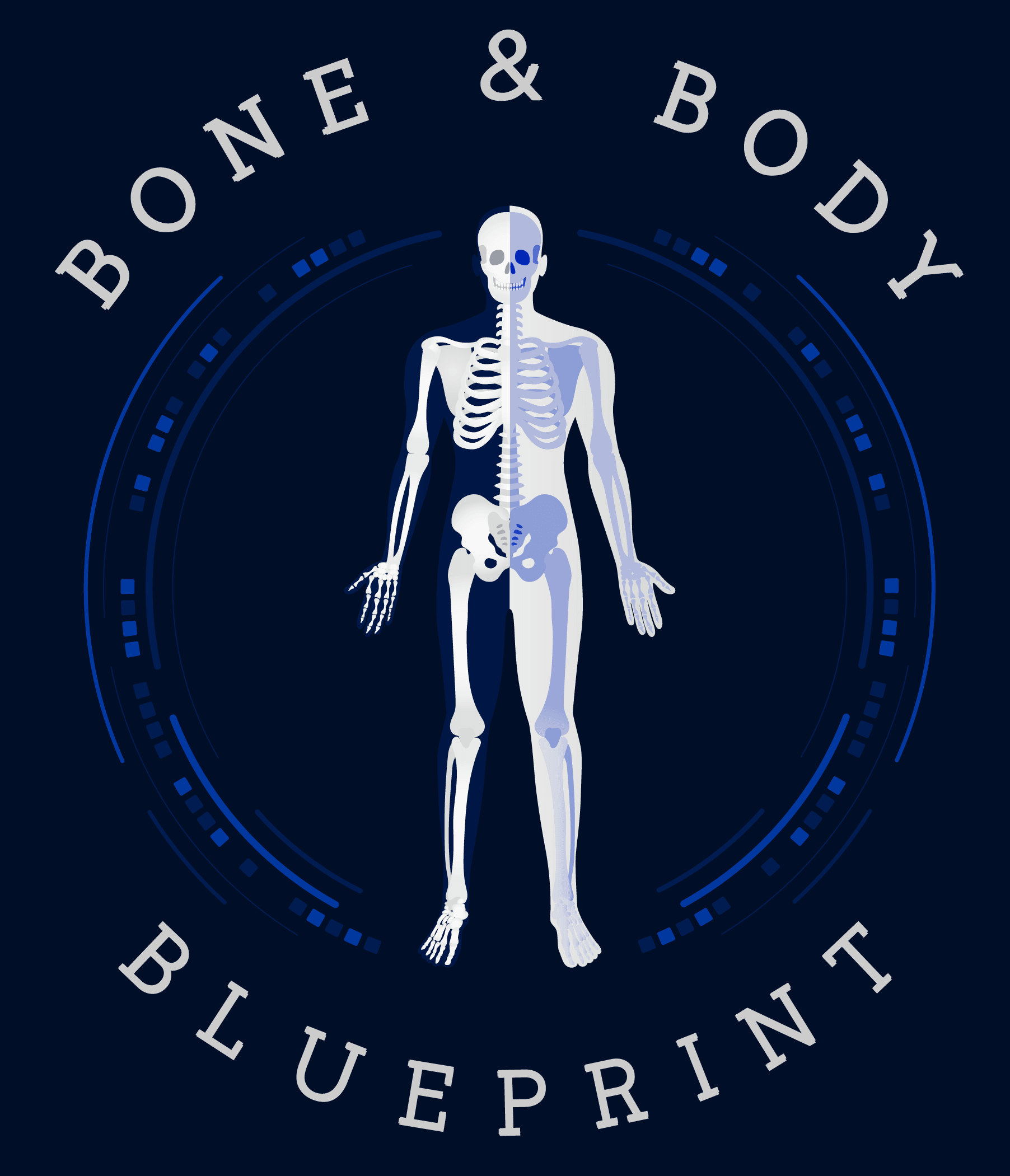Did you know that some medications you take daily might be silently weakening your bones? It's a surprising fact that many overlook. Let's uncover the hidden impact these drugs can have on your bone health.
Understanding the link between certain medications and decreased bone density is crucial. This knowledge empowers you to make informed decisions about your health.
Corticosteroids and Bone Health
Corticosteroids such as prednisone, cortisone, prednisolone, and dexamethasone—often prescribed for inflammatory conditions such as rheumatoid arthritis and asthma—can lead to bone loss over time. They lower bone mass by slowing bone formation and decreasing your blood levels of estrogen and testosterone.
These drugs are prescribed because of their benefits, but it’s important to discuss with your doctor how best to counteract their effects on your bones.
Anticonvulsants
Medications taken to control seizures like Dilantin, Carbatrol, and Tegretol may also have an impact on your bones. They can interfere with how your body uses vitamin D, which plays a critical role in absorbing calcium for strong bones.
Other Medications to Watch
Certain cancer treatments, thyroid medications and even some antidepressants may also contribute to bone density loss. These medications can increase the rate of bone breakdown or reduce calcium absorption.
What You Can Do
If you take any of these medications, it doesn’t mean you will definitely develop osteoporosis - but awareness is key. Speak with your doctor about your bone health, ask about bone density testing, and discuss lifestyle choices such as diet, exercise, and supplements that may help protect your bones.
Your medications may be silently affecting your bones, but knowledge is power. By understanding these risks and taking proactive steps, you can work with your healthcare provider to protect your bone health for years to come.



